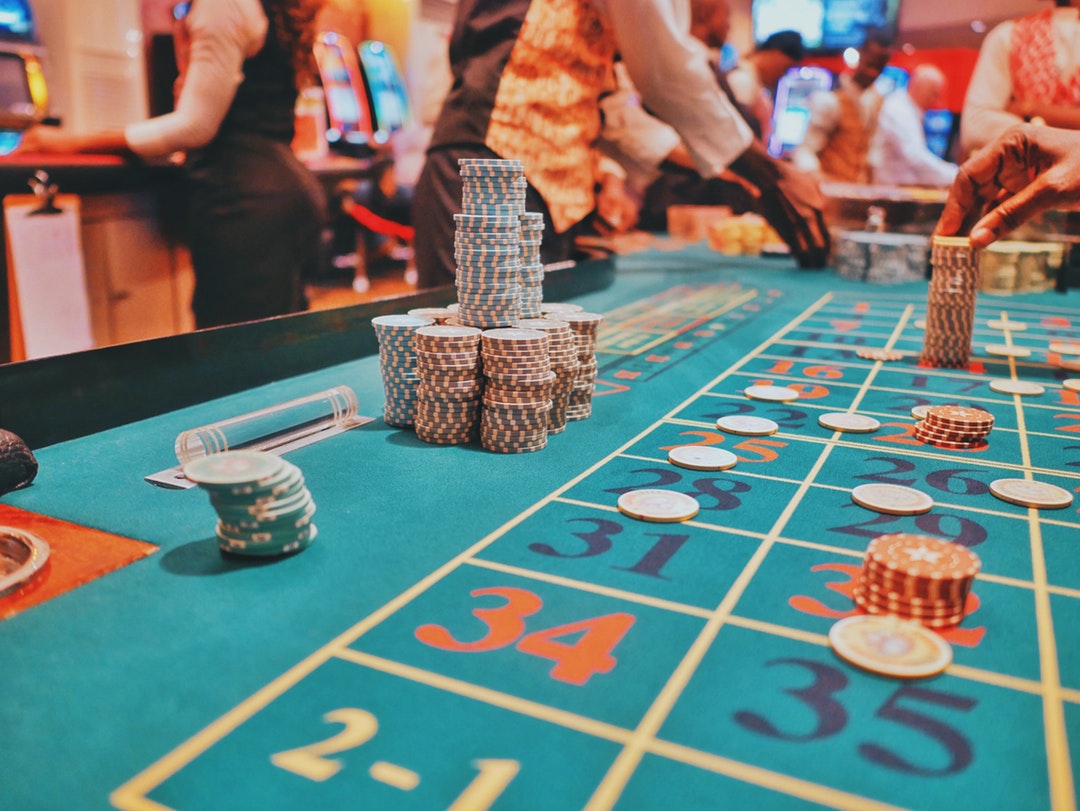No one likes to lose. And yet, so many gamblers continue along with their favorite past time despite huge losses.
Gambling addiction is well documented but frequently misunderstood. What causes a person to keep on betting even when they’re down on their luck? Even if things go as far as losing their home or their family?
Today, most behavioral scientists agree that gambling addiction works in much the same way as drug addiction. It has even been classified as such. But why is gambling so dangerous to the human brain? How do people get so hooked?
Read on, and we’ll walk you through everything you need to know about the psychology of gambling.
Table of Contents
Your Brain On Gambling
Everyone understands that gambling offers players the chance to win money or great prizes. But the real reason gambling addicts keep moving forward often isn’t the reason you would expect.
Excessive gambling can actually change the way that the human brain works. It can lead to dramatic alterations in the way the brain sends chemical messages. That may sound crazy, but it’s true. Gambling addiction is much more than a desire to win: it’s a brain disorder.
You see, the human brain has a series of circuits known colloquially as the reward system. The reward system is connected to various parts of the brain, but most notably the areas that motivate both pleasure and happiness.
Rewarding experiences cause our brain to send signals via neurotransmitters. These are chemical messages that stimulate or depress neurons in the brain. The main neurotransmitter in the pleasure center of the brain is known as dopamine. When enough dopamine is released, we experience euphoria or extreme pleasure.
This pleasure is so extreme that we feel highly motivated to repeat the experience. This can happen when doing physical activity, during sex, or after a big win at the casino.
Research has shown that gambling affects dopamine levels in the brain in a similar way that drugs do. Both drugs and gambling can release up to ten times more dopamine than ‘traditional’ activities would be able to.
This is why both drugs and gambling can be so highly addictive. The surge of dopamine pleasure is like little else, and it can be hard to return to ‘normal’ life without the desire for such pleasure.
Why Not All Gamblers Are Addicts
And yet, not everyone who gambles experiences the game in the same way. Some people walk away easily after a few bad hands, possibly never to return. Why does gambling severely affect some people and not others?
Many other factors do come into play. Research has shown that some people may have a genetic predisposition to gambling addiction.
If a person’s brain already has an underactive brain reward system, they’re more likely to be drawn to high-dopamine activities. A less active brain reward system means that an individual gets less enjoyment out of everyday activities than the average person.
Thus, a turn to gambling is only natural. It’s a high like no other.
Individuals who have inherited a less active prefrontal cortex also may be more predisposed to gambling addiction. The prefrontal cortex is responsible for controlling impulses and making decisions.
Studies have revealed that both gamblers and drug addicts have less activation of their prefrontal cortex than most individuals. This means they have a harder time controlling their impulses. They may struggle to think of long-term consequences when making decisions.
Building Up Tolerance
Gambling addiction works like drug addiction in one other significant and frightening way. A drug addict builds up a tolerance to their drug of choice over time. They must then take more of said drug in order to achieve the same high that they are used to.
The same could be said for gambling addicts. Over time, the brain may get ‘used to’ the act of gambling. Dopamine stimulation might be harder to come by. A person them might keep gambling or become riskier in their gambling to help spur the release of dopamine.
The popularity of online casinos, like the kind you can view here, help to keep people playing even in the comfort of their own homes.
Eventually, a person might alter their brain chemistry permanently. Excessive stimulation could blunt the dopamine circuit of the brain. This means when dopamine isn’t present, the brain can fall into withdrawal and depression.
An individual can fall into a dangerous limbo. They have to keep gambling in order to generate enough dopamine to stay out of withdrawal. But they’ll have too much tolerance to truly enjoy the euphoria of a dopamine release.
How People Get Addicted
The amount of time it might take to reach this stage of gambling addiction varies from person to person.
Many people don’t see it coming. As addiction develops, the neural pathways to the prefrontal cortex weaken. These weakened pathways make impulses and cravings even harder to fight.
A number of psychological factors also contribute, including an illusion of control or loss aversion. People keep gambling because they truly believe they can win back what they lost, but this often serves to just deepen the hole they’ve put themselves in.
These factors combined can make it very easy for a person to slip into gambling addiction. Proper treatment for gambling addiction works much in the same way as drug addiction. A person must be guided through the painful withdrawal process until the brain can return itself to normal function.
Understanding The Psychology of Gambling
Those who don’t enjoy the casino have a hard time understanding the psychology of gambling. The above information helps layout what makes the practice so dangerous and yet so enticing to many people.
Have more mental health questions? Check out our blog for more.







